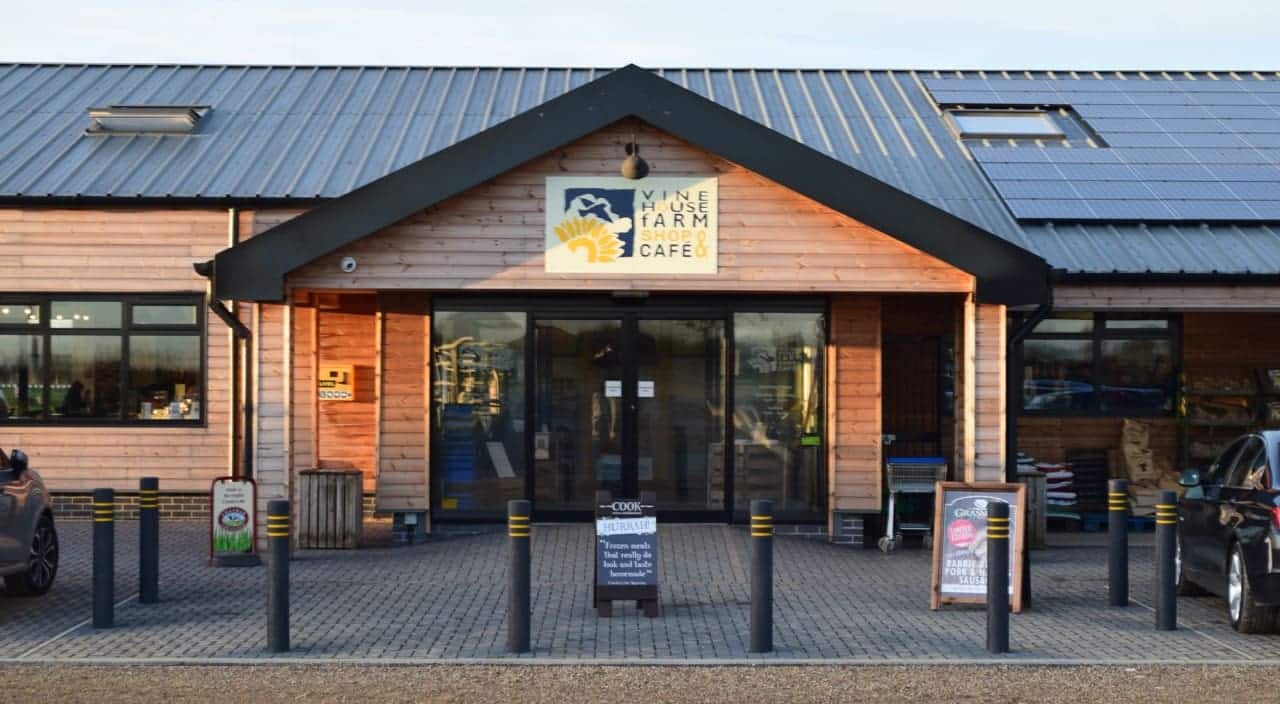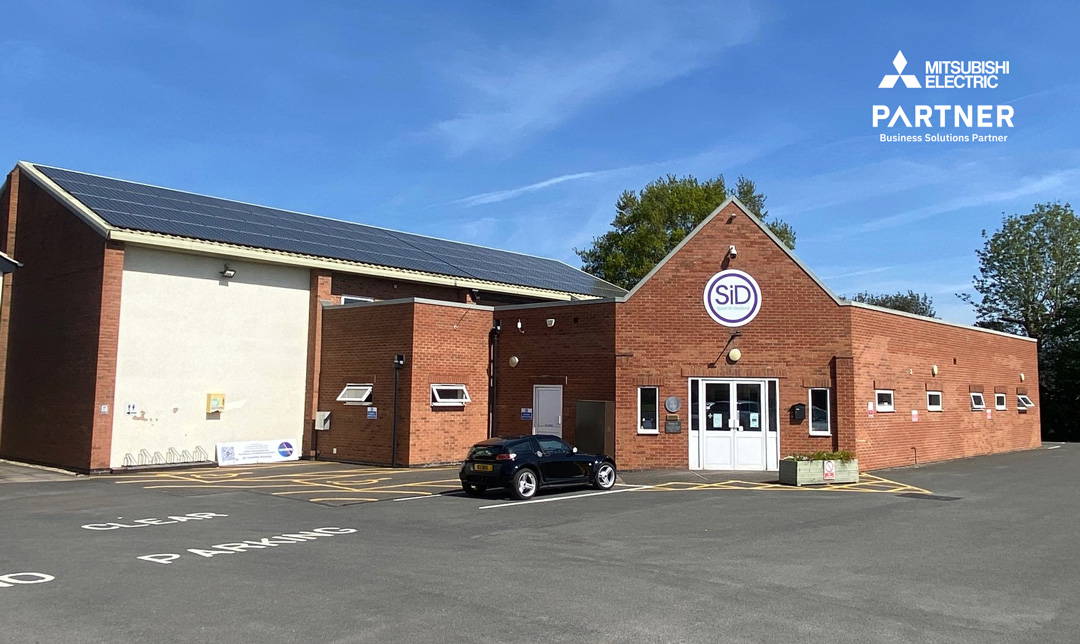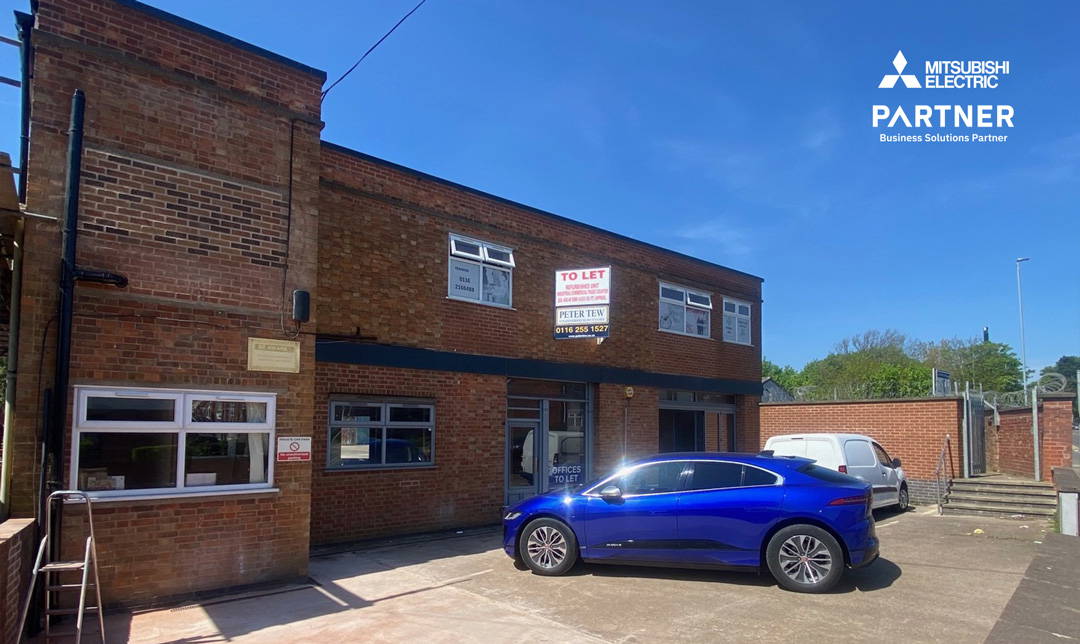Solar thermal panels are an increasingly popular sustainable heating technology used in homes due to their efficiency and cost-effectiveness. Because of this, panels make a great addition to almost any household.
However, installing solar thermal panels may require a fair share of thinking ahead of installation, as they can be a significant investment, albeit a good one. Many factors including location, budget, roof style and repairs, etc. can influence your solar panel’s effectiveness.
With this in mind, JL Phillips has put together a list of factors you need to consider before going ahead with a solar thermal panel installation. While the panel installation is a good choice for the environment, being aware of all prerequisites is essential for them to work effectively.
Without further ado, let’s take a look!
1. Roof Material and Spacing
From repairs to sufficient spacing, your roof needs to be checked to make sure it can accommodate solar thermal panels.
If your roof is damaged, it should ideally be repaired before installing the solar thermal panels, both for safety and to reduce costs down the line. Since our panels are highly durable, they can last a long time, meaning your roof needs to be strong enough to support them.
Moreover, to ensure maximum efficiency, your roof should have enough unobstructed space to accommodate the panels.
If there isn’t enough space, an alternative to the traditional panels are evacuated tube collectors. This version of a solar panel is far more compact and can be accommodated easily on almost any roof, regardless of available space.
2. Sufficient Exposure to Sunlight
To work effectively, solar thermal panels need enough sunlight to generate energy, meaning anywhere that receives direct sunlight during the day is ideal for a solar panel installation.
Moreover, if your roof doesn’t receive enough sunlight, you could consider installing the system elsewhere. A roof is not necessarily the only location for a solar panel installation.
At JL Phillips, our heating experts can install the solar panels on your roof, the side of a wall or perhaps another spot that receives direct sunlight.
Another thing that you must keep in mind is that there should not be any external obstructions such as tall trees, telephone towers or satellite dishes that could leave a shadow on your panels and decrease their efficiency.
3. Green Homes Grant Scheme
Whilst solar thermal panels are a superb investment both in terms of long term cost savings and environmental impact, they are an investment.
The government has developed several different grants to promote sustainable technology, from the domestic RHI scheme to the Green Homes Grant. These grants have been developed to help provide financial assistance for the installation, to promote eco-friendly living.
In the case of the Green Homes Grant Scheme, two-thirds of the cost of installing the panels is covered by the voucher. Make sure you check on the eligibility criteria to see if this scheme applies to you.
Another thing you must keep in mind is that you leave aside some funds to cover additional expenses such as roof repairs before installing the solar thermal panels.
4. The Right Panel Option
Since solar panels use solar collectors to capture energy, there are different choices of panels that you could select from.
Flat plate collectors work great for those who have sufficient space on their roof while evacuated tube collectors are more suitable for those homes which have less roof space. Based on your requirements, selecting a panel that fits well in your home will make the installation process much easier.
However, one thing that could help simplify your decision-making process is taking measurements of the available space on your roof. You could also check other factors such as the amount of sunlight your roof receives and your home’s orientation to select the best solar panel option for your home.
5. Warranty
To protect your solar panels against any kind of damage, having a warranty is crucial. In the unlikely event of damage to your solar thermal panel, a warranty should save you from additional repair costs.
By contacting the panel manufacturer or installer, you can either purchase a suitable warranty for your solar panels that will cover any kinds of additional costs, or more often than not one is included in your installation. However, you need to make sure that you’ve read the guidelines covered by the warranty carefully and are well aware of the clauses or eligibility requirements in case of any damages to your panels.
Contact JL Phillips for Professional Solar Thermal Panel Installation
Solar thermal panel installation requires some thinking to make sure you get the best out of your investment.
At JL Phillips, our vast experience in renewable energy installations makes us the best in our fields. Our team of experts provide you with bespoke installation and maintenance services.
For expert advice on solar thermal panels, get in touch with us today!




